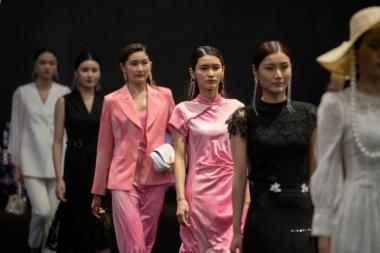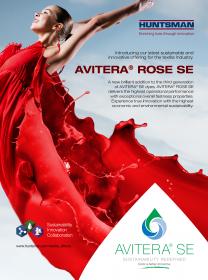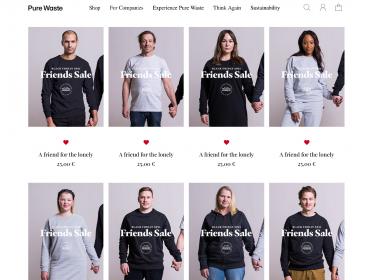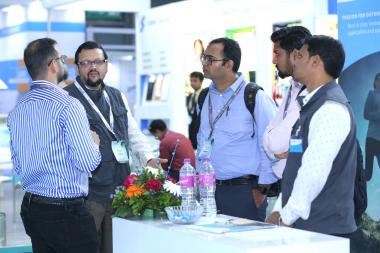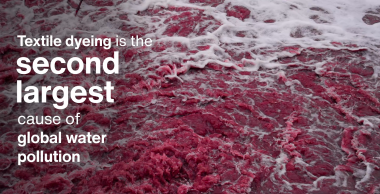Postponement of CHIC SPRING Shanghai
Asia's largest fashion fair, CHIC SPRING SHANGHAI, will postpone the event planned for March to April 14-16, 2022. The latest worldwide pandemic developments due to the new virus variant Omicron prompted the CHIC organizers to take this step.
With this relocation, the organizers are also taking into account the interests of international exhibitors and visitors. In addition to various international joint stands, Germany will also be represented with a GERMAN PAVILION. The trade fair team is working on innovations at the trade fair with the highest priorities and will now focus the entire marketing on the new date.
CHIC SPRING is the showcase for the latest trend developments in fashion and offers trade visitors a concentrated overview. CHIC SPRING as a fashion and lifestyle fair shows the areas of womenswear, menswear, kidswear, denim, shoes and bags, accessories, designers and streetwear in clear segments at the National Convention & Exhibition Center in Shanghai.
CHIC is organized by Beijing Fashion Expo Co. Ltd. and China World Exhibitions, supported by the China National Garment Association, the China World Trade Center and the Sub-Council of the Textile Industry (CCPIT).
JANDALI MODE.MEDIEN.MESSEN


